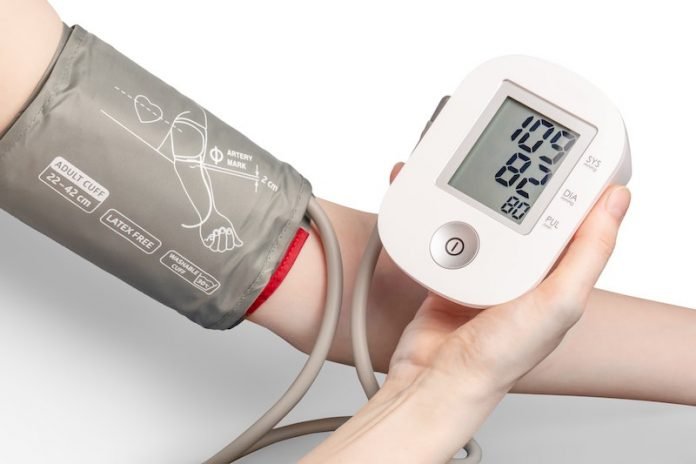
In a study from the University of Pisa, researchers found people with type 1 or type 2 diabetes whose blood pressure increased at night had more than double the risk of dying compared to those whose blood pressure “dipped” during sleep.
Blood pressure normally declines, or dips, during sleep. If blood pressure does not adequately decrease during the night, it is called “non-dipping.”
If blood pressure increases at night relative to daytime levels, the phenomenon is referred to as “reverse dipping.”
These abnormal blood pressure patterns are associated with increased risks of heart problems and death in adults with type 1 or type 2 diabetes.
In the study, the team examined 349 adults with diabetes, beginning in 1999. Half of the participants were women, and 284 had type 2 diabetes while 65 had type 1 diabetes.
Participants were categorized as dippers when blood pressure decreased 10% or more during the night compared to daytime hours.
Non-dippers were those who had nocturnal blood pressure that decreased less than 10% compared to daytime, and reverse dippers had nighttime blood pressure increases of 0.1% or greater compared to daytime levels.
The team found more than half of the participants had non-dipping blood pressure during the night, and 20% were reverse dippers. They also found:
Nearly one-third of reverse dippers had cardiac autonomic neuropathy versus 11% of who had no dips.
Cardiac autonomic neuropathy is a serious complication of diabetes in which the nerves that control the heart and blood vessels are damaged.
This nerve damage affects blood pressure and heart rate regulation, increasing the risk of death and cardiovascular events.
Compared to dippers, reverse dippers had an average of 2.5 years reduced survival, and non-dippers had an average of 1.1 years reduced survival.
Reverse dippers showed more than a big increase in the risk of death from all causes compared those who had dipping, and a strong risk increase compared with non-dippers.
Participants with high blood pressure only during the night showed a reduction in survival similar to that of those who had 24-hours of sustained high blood pressure , with an average survival reduction of 1.2 years.
Individuals with low heart rate variability over 24 hours had an average reduction in survival of 1.8 years.
This study shows that 1 in 10 people with type 1 or type 2 diabetes could be a reverse dipper, and that this condition likely more than doubles the risk of death from any cause over 21 years’ time, regardless of blood pressure control.
The team says it is important that health care professionals look for abnormal blood pressure dipping patterns in people with type 1 or type 2 diabetes. There are strategies to reduce blood pressure during the night.
If you care about blood pressure, please read studies about food that can help control your waist size, blood pressure, blood sugar, and findings of pain medicine for headache that may effectively reduce high blood pressure.
For more information about diabetes, please see recent studies about diet that could improve health in people with diabetes, and results showing that these vegetables may protect against kidney damage in diabetes.
The study was presented at the American Heart Association’s Hypertension Scientific Sessions 2021. One author of the study is Martina Chiriacò, M.D.
Copyright © 2021 Knowridge Science Report. All rights reserved.



